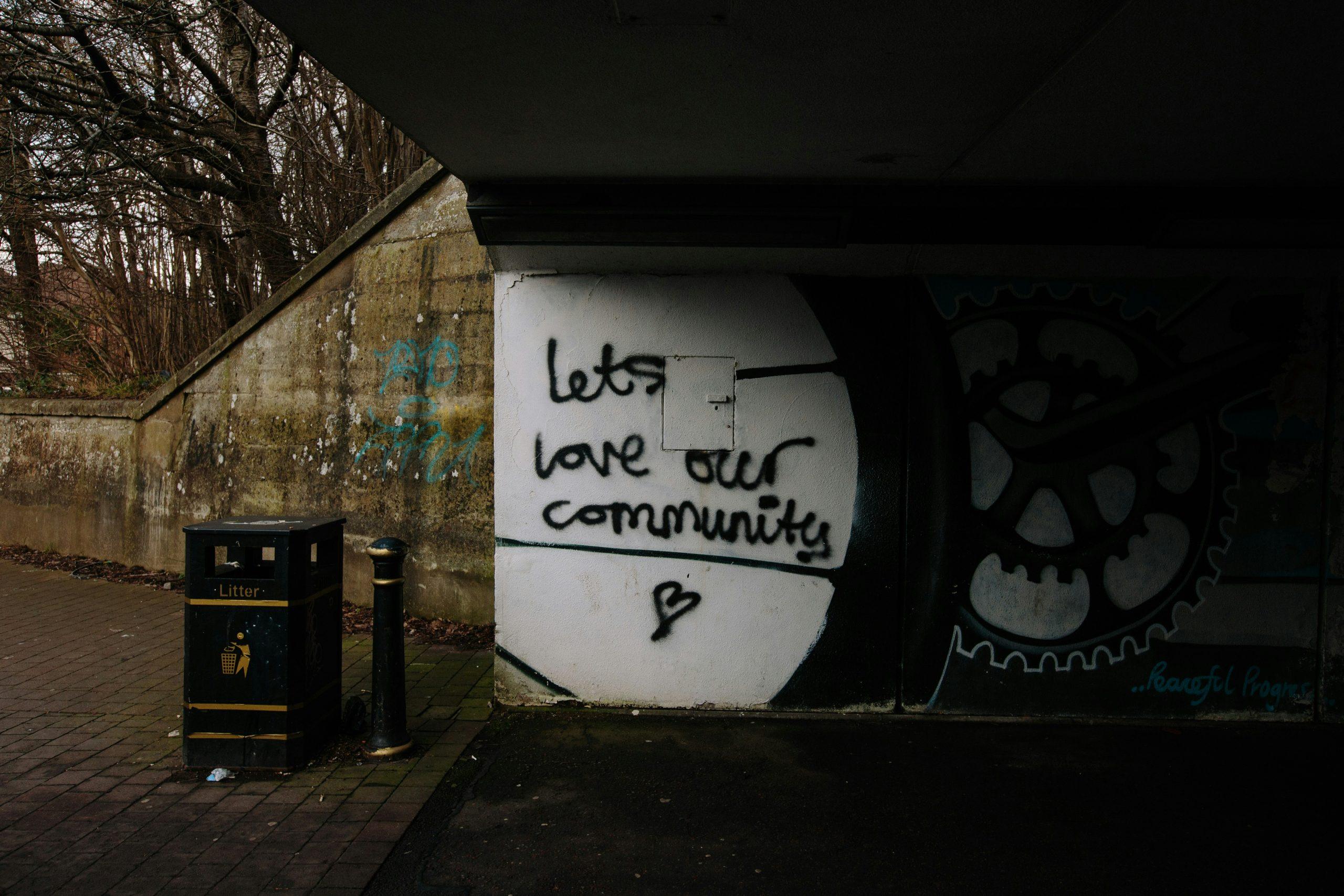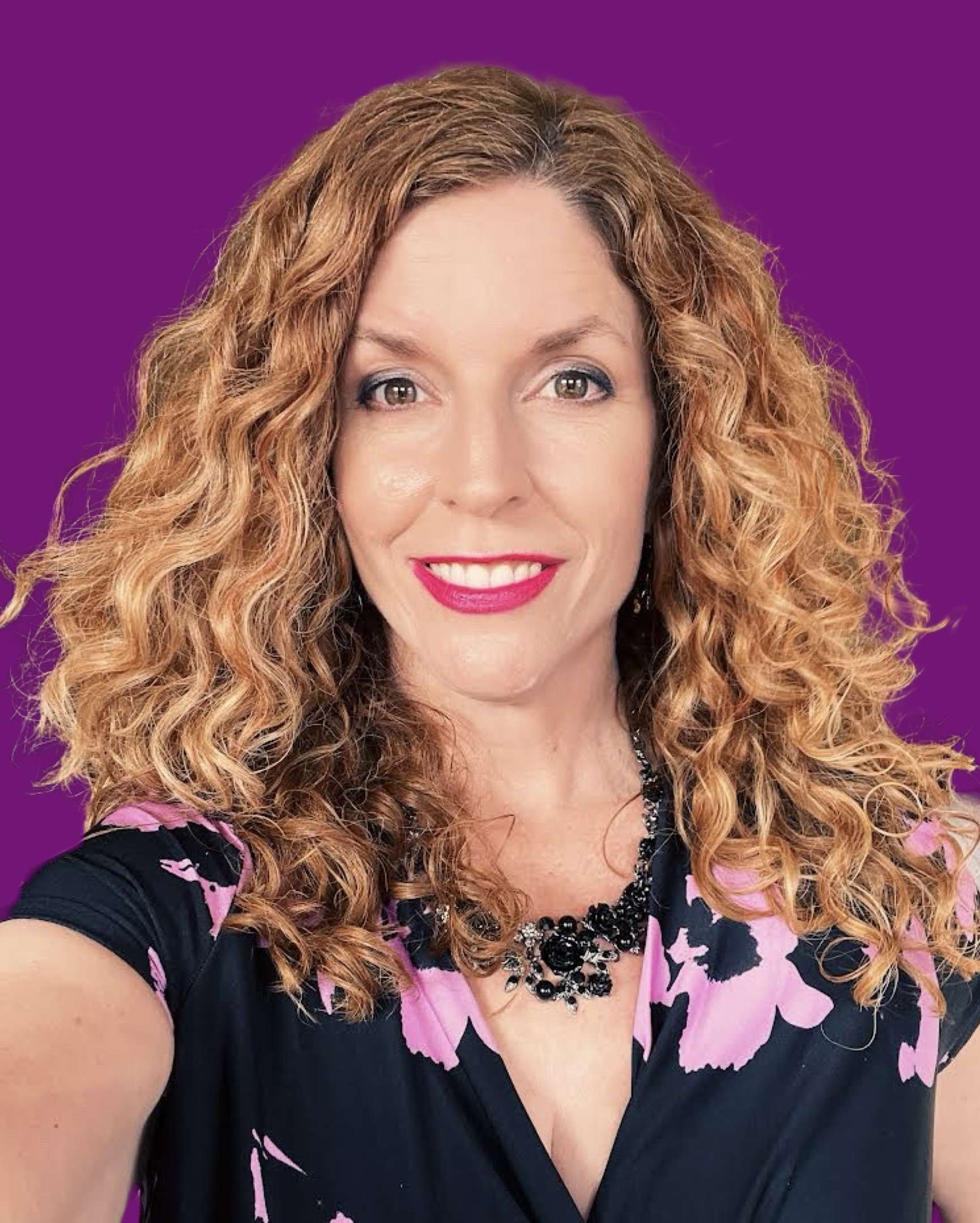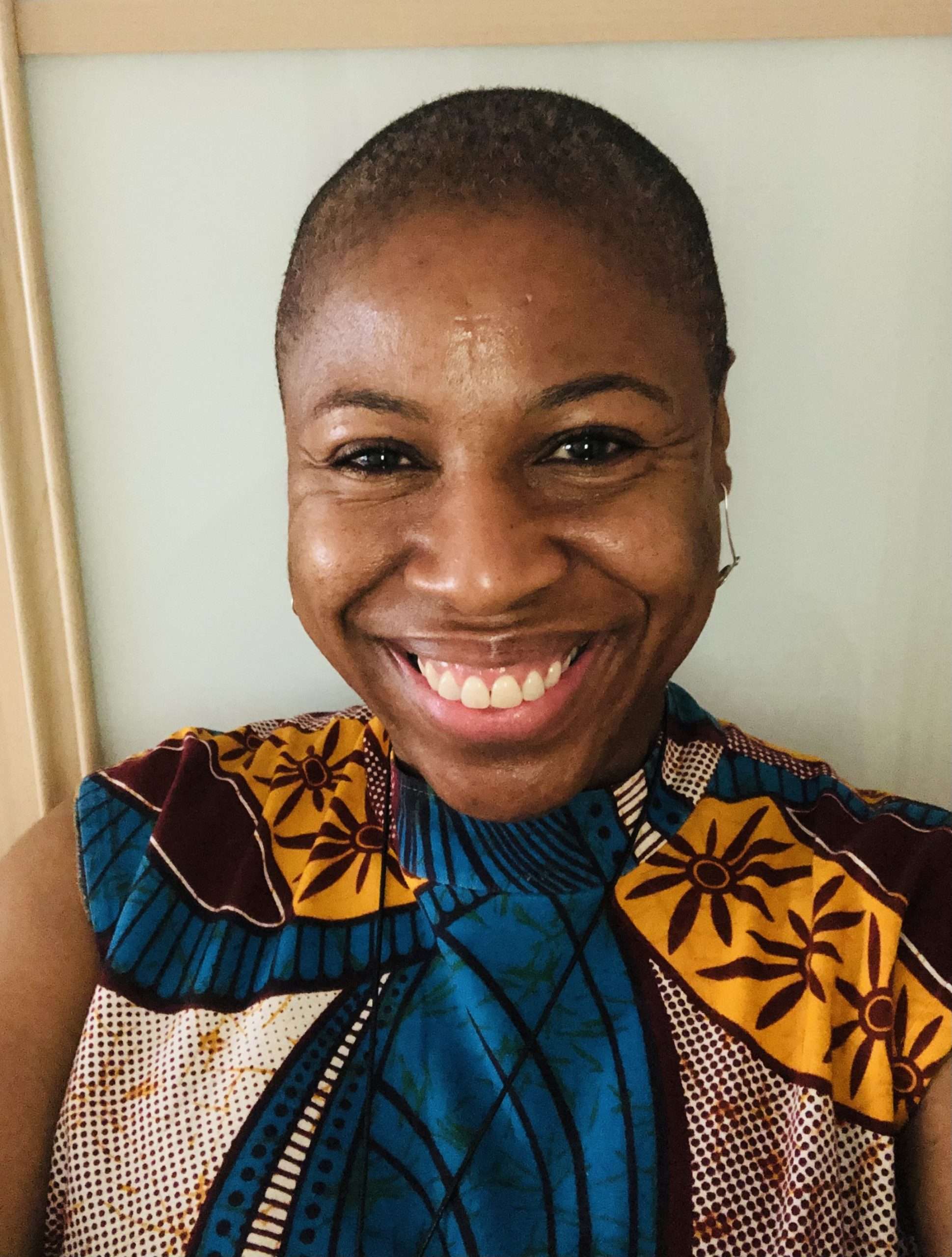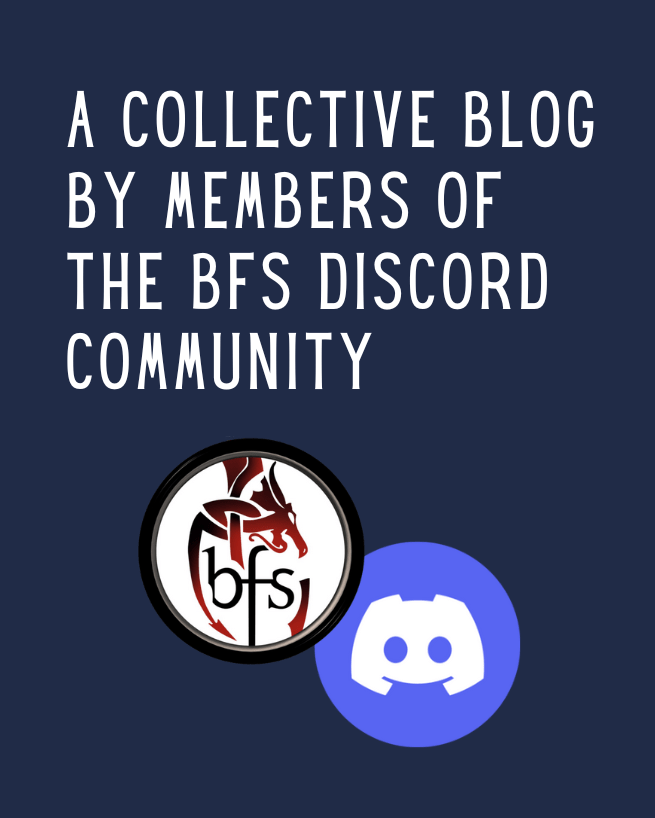
Time and time again, week after week, our member profiles talk about how wonderful this community of ours is: how supportive, how enduring, how lovely, how much fun. So I thought it was time to get to the bottom of this, and headed to the BFS member Discord server to ask: What is it that makes the speculative fiction community so beloved?
Just as BFS membership is open to anyone with an interest in these otherworldly tales, so to is the community. Whether you’re a creator or consumer, whether it’s your job or your passion or your hobby, whether you write or read or blog or do art or manage or lead or edit or… just about anything, really, these are the things we love the most.
Give your own thoughts by leaving a comment at the end of this article, or jump back into Discord to get involved. Are you a member but not yet in the BFS Discord server? Contact us to request your invite.
Want to experience the community IRL? Grab your Fantasycon tickets from here.
Featuring contributions from:
- Rosemarie Cawkwell | Website
- Jendia Gammon | Website | Twitter | Instagram | BlueSky | Facebook | Mastodon | Threads
- Helen Thwaite | Website | Twitter | Instagram | FacebookÂ
- Sam H (DayLizard)
- Dan Hanly | Website | Twitter | Instagram | BlueSky | Threads | Mastodon
- Matthew Palmer | BlueSky
- Cheryl Sonnier | Website | BlueSky | Threads | Mastodon
- Luna Profir
- Sarah Elliott | Website | BlueSky | Instagram
- Silas A. Bischoff | Website | Instagram | Threads | BlueSky
- Stephen Frame | Website
Rosemarie Cawkwell:
We’re all mad here.
I might joke about it, but the SFFH community really is a community. SFF (I don’t really do H) is a hobby (I write for fun and run a creative writing group), a passion (I’m autistic, I collect SFFH fiction and academic texts) and I’d like to make it my job, both academically and as a writer of fantasy and sci fi. In the four years I’ve been a member of the BFS, I’ve found more acceptance and diversity of thought than I have in the other communities I’ve been a part of in the past. There’s a lot less drama than a lot of ‘fandoms’ I’ve been associated with in the past (mostly music and tv programme related). Also, as I said in 2021, at my first FantasyCon, if most of us aren’t neurodivergent I’d be shocked! Being weird is normal in the SFFH community and it’s just accepted as part of how people are. That’s incredibly rare in the rest of the world.

Jendia Gammon (pictured):
As both my job, passion, and hobby, I love being part of the speculative fiction community because it IS a community, and a vibrant, diverse one. The power of story, of dreaming and of making dreams into words for others to share, is powerful and quintessentially human. I love celebrating all aspects of that.
Helen Thwaite:
Infinite diversity in infinite combinations.
My first SFF writing conference was BristolCon and I was so nervous. A new, teeny name author, writing “the weird stuff”, I thought I’d be very out of place. However, the opposite was true – not only were people warm and welcoming, but they treated me as an equal. I’m certain that I’ll find my first Fantasycon a similar experience.
Sam H (DayLizard):
Finally got some people I can share my favourite adventures and monsters with. And not be asked if I’m on drugs for my trouble.
Dan Hanly:
If this were 30 years ago, we’d all be spread all across the country, enjoying our little books, thinking we were alone for liking things like dragons and space and magic… but now, things like Discord allow us to find a community, regardless of where we are in the world. It means we’re not alone in our enjoyment of media that many more mainstream folks would deem to be weird. We can all be weird together, and that makes it no longer weird… it’s acceptance.

Matthew Palmer:
Knowing that there is a group and a community that I can turn to if there is something on my mind about writing or publishing, and having access to people with a far greater level of knowledge and experience than me in both. It’s an invaluable resource to be able to turn to.
Cheryl Sonnier:
The community as a whole is so supportive and helpful. Everyone wants to see each other succeed. Comparing notes, sharing resources and information, cheering each other on is the norm, rather than the exception. Instead of, ‘Oh, you’re new, you can sit over there with the other kids,’ you get, ‘Welcome aboard. Here’s some snacks and there’s room at this table, come and sit with us, have you seen this wonderful resource? Do you want to be on a panel?’
Luna Profir:
Writing for me has long been a lonely endeavour, and one I don’t share with any of my friends. Finding a community of any kind allows me to reassure myself that I am human and I am not doing such a bad job at it. Also, having a community of writers and readers makes the dream of someday writing a book that people like seem achievable. My whole life, I’ve struggled with “wantingâ€. The only thing I’ve ever truly wanted is to write, and finding this community validates everything about me, in my opinion. And the proportion of neurodiversities helps too.

Sarah Elliott (pictured):
There are other people I can talk to this stuff about! At length!
There’s a quiet understanding and level of acceptance which makes me feel comfortable.
Inspiration is everywhere!
Silas A. Bischoff:
For me, life, especially the social side of it, changed dramatically (for the better) when I went to university and was suddenly surrounded by geeks who shared my passions and neurodivergent ways. There was an abundance of people to play TTRPGs with, to discuss obscure music, films and books, to engage in creative projects, to do bloody science together. To not be immersed in this community would be like being a stranger in a foreign land. Spending time outside of this community is an experience of constant masking, of pretending to care about whatever boring crap employers or clients or contractors make their (and in frustrating consequence, my) money with, of suppressing how baffling I find the lives of ‘normal’ people who seem content to alternate between sitting in an office and watching reality TV – and I’m thinking: “It’s fucking TV, dude. It can show you better things than reality … like orcs and shit!” Anyway, those are my late night thoughts for now.
Stephen Frame:
Some thoughts (more or less at random. Probably more than less.)
An oldie, but goodie: “We don’t stop playing because we get old. We get old because we stop playing.” I like being around people who like to play.
Like with wide-mouthed frogs, you don’t see many right-wing authoritarian’s around here, do you?
The philosophical stylings of Gene Simmons and Kiss get to the heart of it. “These are my people and this is my crowd.”


